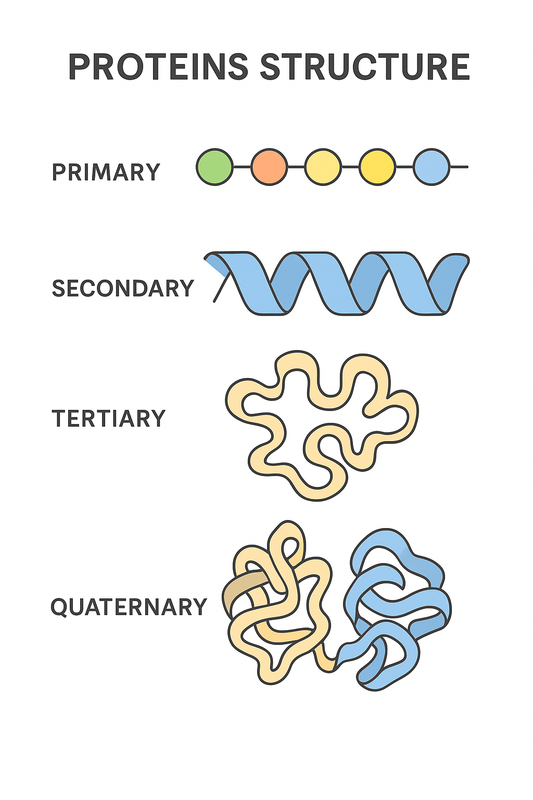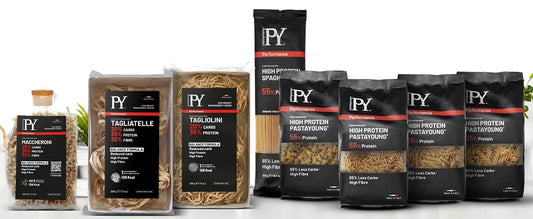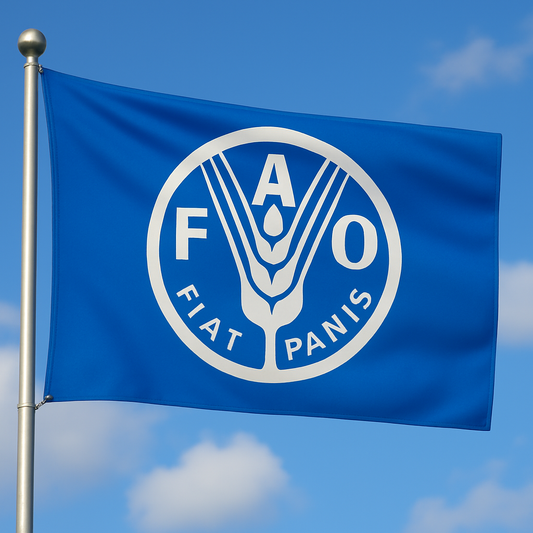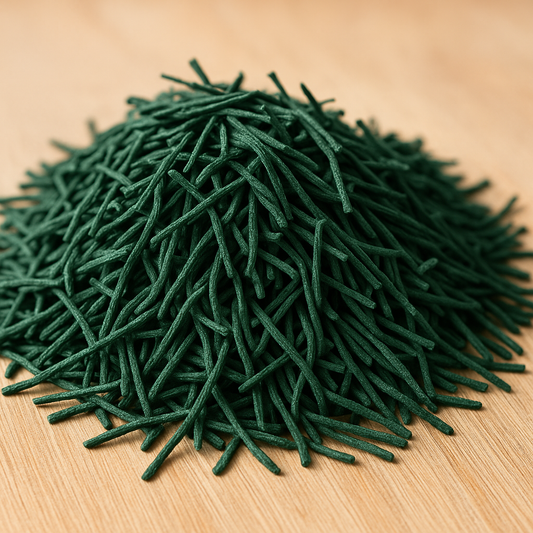
3 questions about eating insects
Share
ARE INSECTS A FOOD?
This is probably the first question that came into your mind when you clicked on this website: are insects a food?
We’ve always seen them as dirty and annoying creatures, and when we find one, the last thing we want is to take it and put it in our mouth.
This is because that insect is not a food. In the exact same way, we would neither see a cow pasturing and give it a bite, nor extract a carrot from the ground and taste it straight away.
The food needs to be prepared to become an actual food product: washed, pealed, cooked… It’s called food processing.
Insects are farmed following precise hygienic guidelines and then are subjected to processes like drying, roasting or grinding, depending on the aim; hence they become insect-based ingredients, which are used to prepare delicious food products.
WHAT DO INSECTS TASTE LIKE?
All insects have a different taste, and this also depends on the preparation.
Anyway, termites have a sweet, almost nutty flavour, while darkling beetles taste like wholemeal bread. Larvae of wood-destroying beetles seem fatty brisket with skin, crickets and locusts taste like walnuts. Dragonfly larvae and other aquatic insects taste like fish (surprise?) and cockroaches resemble mushrooms. Striped shield bugs taste like apples, wasps like pine seeds, caterpillars of smoky wainscots like raw corn, caterpillars of erebid moths like herring.
And if you feel like you deserve some treats, mealybugs taste like fried potatoes, eggs of water boatman seem like caviar, mealworms taste like popcorn, and buffalo worms that taste like bacon*. It doesn’t seem bad, isn’t it?
WHY SHOULD WE BRING INSECTS IN OUR DIET?
They are an exceptional and unexploited (from the Western world!) source of nutrients, which can be used to prepare tasty food products.
They are also very sustainable to produce: the most of the other protein foods cost a lot to our environment, on the contrary insects can help to save the precious resources of the planet.
Here on 21Bites we'll serve you small and easy-digestible bits about the nutritional properties of insects. Stay updated!
* J. Ramos-Elorduy, Creepy Crawly Cuisine: The Gourmet Guide to Edible Insects, Park Street Press, South Paris, 1998.




